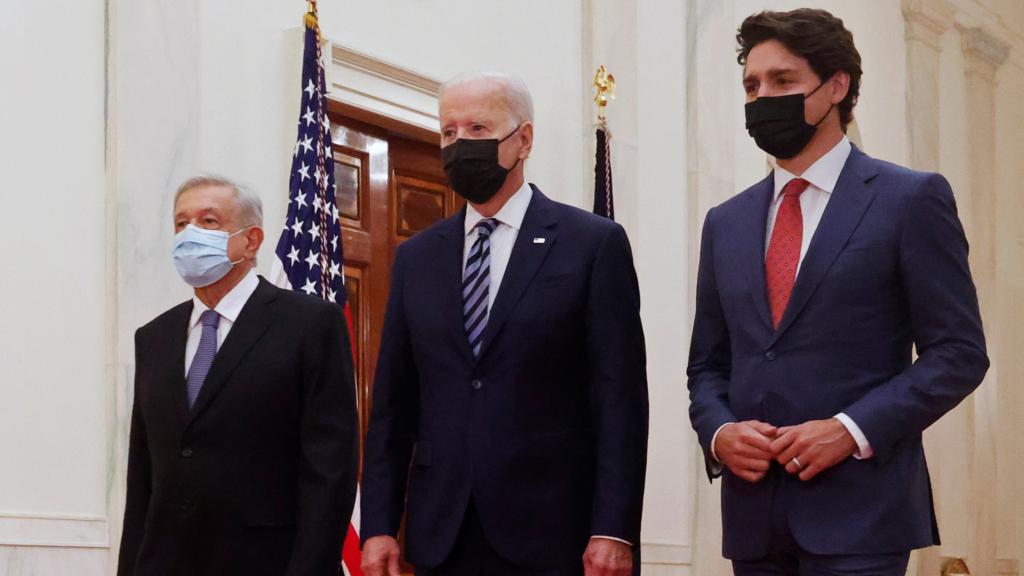
This past Friday, the US House of Representatives passed President Joe Biden’s $1.9 trillion “Build Back Better” legislation. It will now be sent to the Senate for continued negotiations.
Here’s a breakdown of how the proposed bill would affect the EV consumer market.
Table of Contents
The Good
The Build Back Better plan would mark the largest investment to combat climate change in American history. Perhaps playing the biggest role to that end are electric vehicles.
The plan proposes to offer American consumers a tax credit of up to $12,500 when they buy an EV. That amount is a substantial increase from the already existing electric vehicle credit offered by the Internal Revenue Service (IRS), which ranges from $2,500 to $7,500.
See also: Best electric cars
More than just electric cars, the bill includes benefits for buying two-wheeled EVs—a generous 30% tax credit for e-bikes and electric motorcycles. The credit would top out at $900 for e-bikes and $7,500 for electric motorcycles respectively.
The increase in tax savings will undoubtedly help middle-class families and lower-income individuals to afford their first EV. Should the bill pass, we could see a big boon in both four and two-wheeler EVs.
However, there’s a catch.
The Bad
For your new electric vehicle to qualify for the tax credit, it must be made in America. In other words, the EVs must be assembled domestically with American materials by union labor.
That means that only cars from American manufacturers, such as General Motors (GM), Ford and Stellantis, would qualify. Unfortunately, vehicles from other popular EV manufacturers, such as Tesla, would not be eligible. That severely limits consumer choice.
See also: Tesla Model 3: everything you need to know
It’s hard to square the Build Back Better plan’s protectionist clauses with its purported and more pressing goal — fighting climate change.
To reduce CO2 emissions, the transition to electric vehicles needs to be easy and efficient. That isn’t achieved by imposing artificial constraints on international trade. It’s only achieved when consumers are offered the widest variety of electric cars at the lowest possible cost.
Working with our neighbours

During the first North American Leaders summit since 2016, the Three Amigos, as they’re sometimes called, met to help discuss various substantive issues.
Funny enough, the most contentious matter that President Biden, Prime Minister Trudeau and President López Obrador discussed was Electric Vehicles.
In particular, Canada and Mexico contended that the Build Back Better tax credit would unfairly discriminate against their countries auto manufacturing, possibly violating the new free trade deal.
See also: Six best hybrid cars in the US
Many auto-manufacturers have been ramping up EV production in Ontario – Canada’s industrial heartland. GM and Ford are already assembling trucks up north, and Telsa is building a new battery factory. Down south, Mexico now ranks sixth among all car-producing nations. These are both massive auto-manufacturing markets that would be a mistake to ignore.
Thankfully, there is still time to find a resolution. Whether it’s an expansion for union-made North American vehicles or something else, President Biden did indicate there could be some wiggle room.
A level playing field would not only be better policy but more neighbourly.
The future depends on going green
There is still time to negotiate since the bill has yet to pass through the Senate. As a result, it will be five years before the Buy American portions of the law go into effect. But once implemented, it can be harder to change.
As climate scientists and activists around the globe know, greenhouse gases do not respect national boundaries.
See also: Ten alternatives to lithium-ion batteries
Responding to climate change requires co-operation across countries and their borders. At the end of the day, we need a low-carbon transition worldwide.
Trade disputes will only slow down the process of genuinely building back a better world.